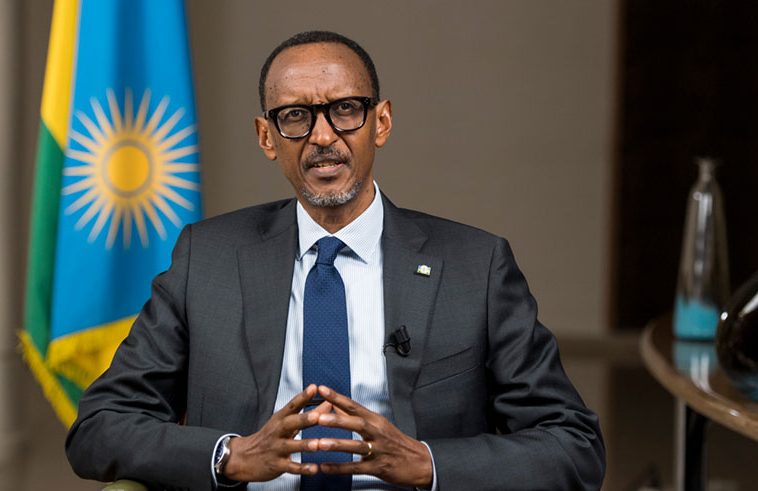Urbanization is having an upward trend globally, and Africa is not being left out of this conversation. The urbanization trend in the continent is on a fast trend, compared to the rest of the world. There is an influx of people from rural communities to urban towns and cities in a quest for opportunities and a better life.
Currently, over 47% of Africans live in urban areas, and this number is bound to increase by 2030. According to the African Development Bank, with a steady 3.5 yearly increase in the last 20 years, African cities are projected to account for up to 85% of the population between 2010 and 2025. This is to say that in a random gathering of 100 urban men and women today, there would be 13 Africans and in three decades, that figure is expected to have risen to 22.
Presently, some countries like Niger, Burundi, Rwanda, and Malawi, are largely rural populated, not minding the trend of megacities. Nigeria has the continent’s largest rural population (95 million), followed by Ethiopia (85 million). This has not stopped the urban migration in these countries as people continue to troop into the urban areas in their numbers. As the population of rural migration to urban areas increases, a restructure of societies, economies, and environments is bound to happen at an unprecedented pace.
Opportunities and Challenges
Urbanization has its advantages and is one of the reasons why this much of people are migrating to urban areas. The top of these advantages is the economic advantage that comes with urbanization. Economic investments, infrastructure, technology, and industries. Urban areas are conducive to entrepreneurship across sectors. Tech, finance, and creative industries thrive better in urban areas prompting the economic pull for labour within the sector.
Urbanization is a big driver of cultural diversity; it enables people from different tribes and cultural backgrounds a platform for cultural expression and social mobility. It encourages more cultural and tribal tolerance among the diverse cultures living nearby. Cairo, Kinshasa, and Lagos are an example of culturally diverse cities in Africa as they have more than 10 million inhabitants.
Urbanization facilitates availability and access to social amenities and services; healthcare and sanitation facilities; schools and skill acquisition centers, fun and recreational parks, and major markets and shopping malls. These are some of the few advantages that come with urbanization, improving the overall quality of life.
Urbanization as good as it is, comes with a lot of challenges that if not managed appropriately, overshadow the advantages. Due to the rise in the population in the city or town, there is a strain on the infrastructure available. An increase in population leads to congestion, inadequate housing, and public services which can lead to more serious consequences like disease outbreaks, conflict between neighbours, and in some cases cultural rivalry.
An increase in human population implies an increase in infrastructure which is a disruption of the natural ecosystem. Encroachment into natural habitats poses a risk of climate change vulnerability and also affects the biodiversity of the area as animals native to the region are forced away from their natural habitat to minimize contact with the new human neighbours.
Security is another major problem in urban areas. The increase in human population in a city is bound to affect the security structure of the city as the crime rate and conflict between residents are bound to increase thereby keeping security operatives more busy with the mandate of ensuring peace and the protection of life and properties in the area.
North African countries have better urban development strategies, including investment in infrastructure, and in upgrading of urban settlements prompting a lower proportion of slum dwellers, 47.8 percent of the total population compared to 65 percent in Southern Africa. This only explains that an increased focus on sustainable urban development strategies investing in infrastructure upgrades, expanding public transportation networks, and promoting mixed-use zoning to foster inclusive growth is one way of mitigating the challenges of urbanization.
Partnerships with international organizations and private sector entities will also mitigate the challenge of employment within urban areas across Africa as this will greatly drive investments and smart city initiatives within the region. It will also enhance urban resilience and improve the governance framework within the region
The urbanization of Africa is at a pivotal juncture of transformation as the continent is caught between economic prosperity, cultural vibrancy, and human development while also navigating the not-so-positive changes that come with this transformation. There is a need for more proactive policies, innovative solutions, and collaborative efforts to ensure sustainable urban futures


